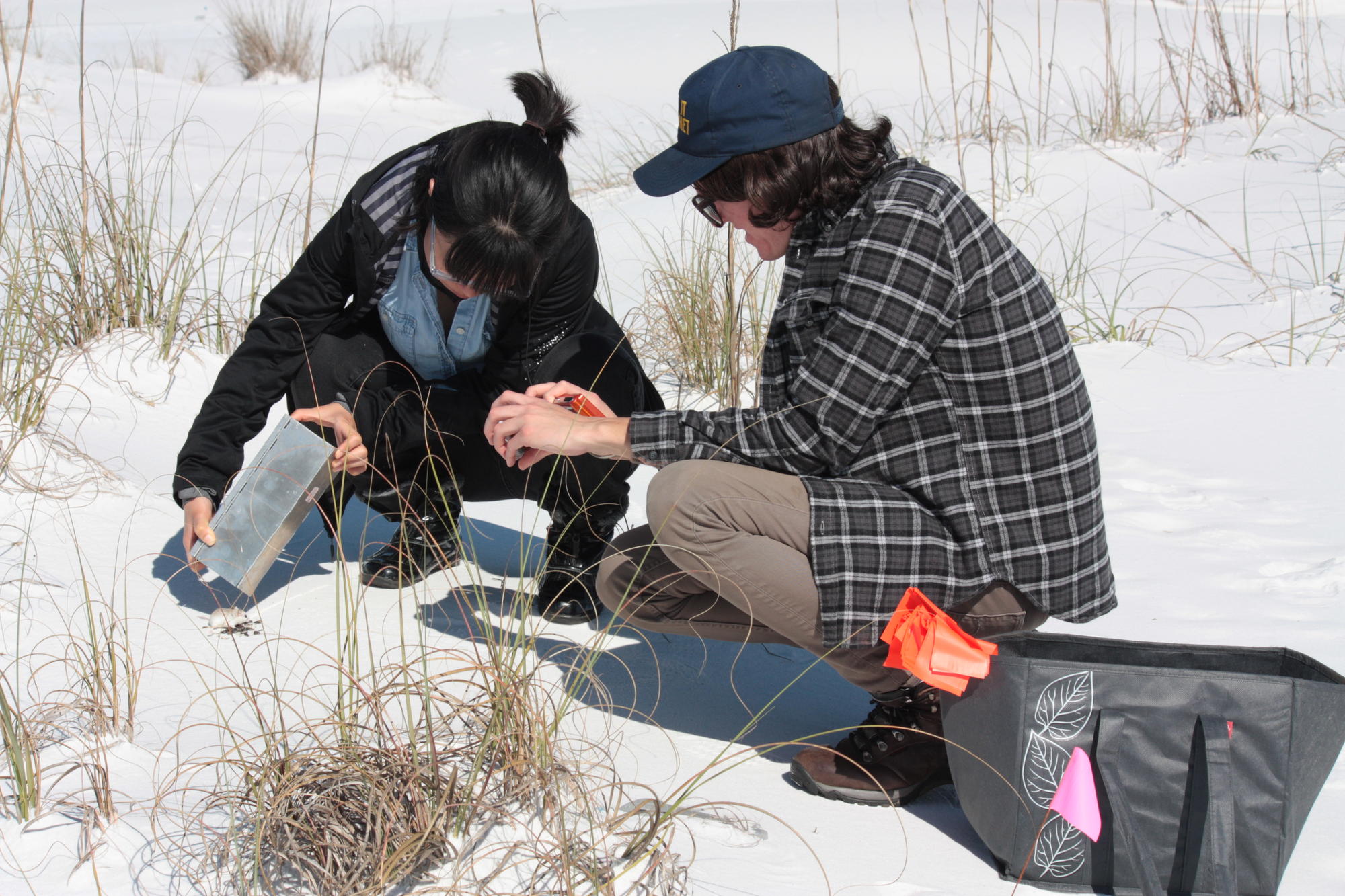|
|
|
|
|
|
|
|
|
|
Past Biodiversity Postdoctoral Fellows
Paula Rodríguez Flores (2021-2023)
Project Title: Systematic revision of worldwide deep sea squat lobsters
Faculty Sponsor: Gonzalo Giribet
Paula is currently a post-doctoral researcher at the Smithsonian, National Museum of Natural History.
Miquéias Ferrão (2020-2021)
Project Title: Description of new species of anurans from Brazilian Amazonia through integrative taxonomy
Faculty Sponsor: James Hanken
Cong Liu (2020-2022)
Project Title: Ant biodiversity in China's Hengduan Mountain region
Faculty Sponsor: Naomi Pierce
After his fellowship, Cong's work in the Naomi Pierce Lab continues as an Associate of Organismic and Evolutionary Biology at Harvard University.
Stephen Pates (2019-2020)
Project Title: Beyond the Burgess Shale and Chengjiang: Systematics, phylogeny and evolution of Radiodonta (stem-group Euarthropoda) from untapped Cambrian Lagerstätten
Faculty Sponsor: Javier Ortega-Hernández
Whitney Preisser (2021-2022)
Project Title: Revealing the hidden diversity of digenean trematodes within the MCZ Ichthyology Collection
Faculty Sponsor: Gonzalo Giribet and George Lauder
Tiago Simões (2019-2021)
Project Title: The long-term impact of a climate change-driven mass extinction on global biodiversity and evolutionary patterns in reptiles
Faculty Sponsor: Stephanie Pierce
Tiago is currently an incoming faculty member in the Department of Ecology and Evolutionary Biology at Princeton University.
Diego Biston Vaz
Project Title: Taxonomic review of dwarfgobies, Eviota Jenkins, 1903, one of the most diverse genus of marine fishes
Faculty Sponsor: George Lauder
After his fellowship, Diego joined the University of Guam as a Senior Researcher (Ichthyologist) and Associate Curator of the Biorepository.




 Thalles Platiny Lavinscky Pereira
Thalles Platiny Lavinscky Pereira
 Valentine Bouju
Valentine Bouju Rodrigo T. Figueroa
Rodrigo T. Figueroa
 Catalina Romero Ortiz
Catalina Romero Ortiz
